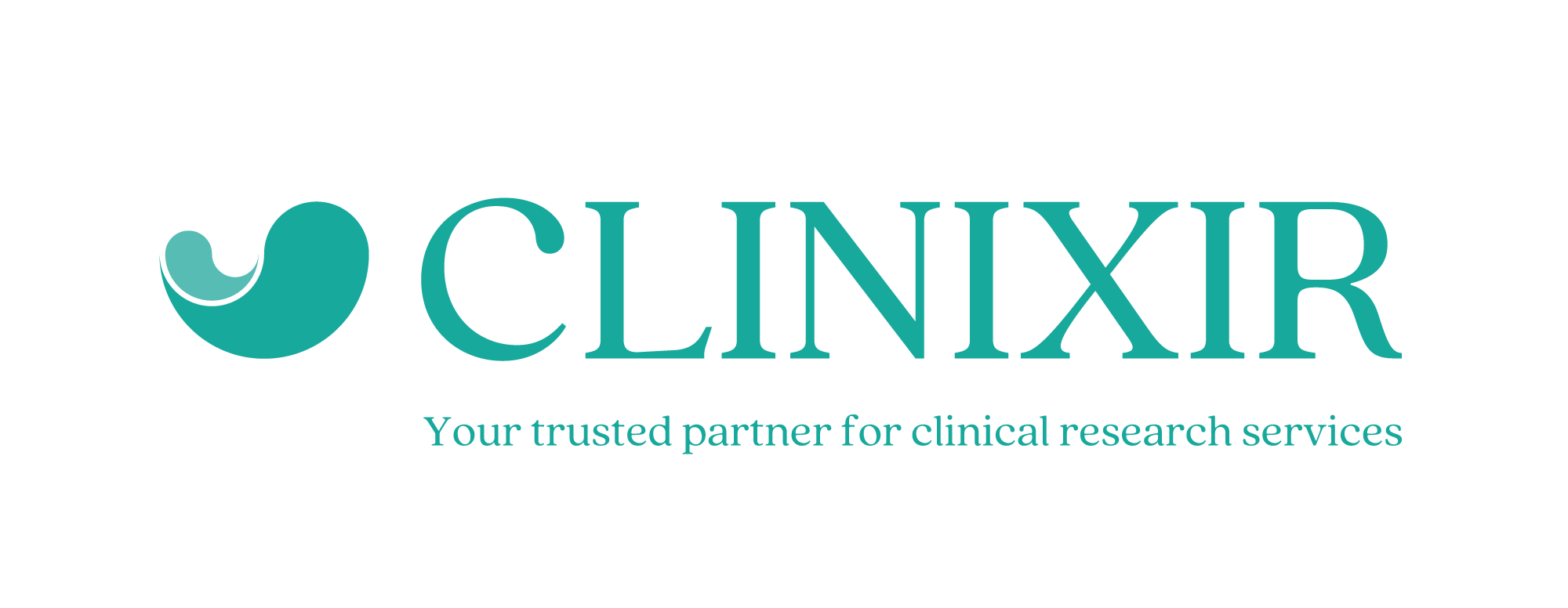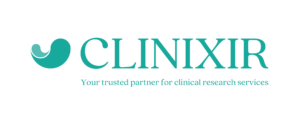As a result of digital tools, real-world data is continuously growing in volume and diversity. This data has been extremely useful in guiding decision making for outcomes research and regulatory purposes, in addition to randomized clinical evidence.
Real-world evidence is the collection of information from non-conventional sources such as medical claims, wearables, patient reported outcomes, as well as product, patient, and disease registries to inform researchers on the possible outcomes that go beyond the scope of what is available within studies. While the real-world evidence method is not intended to replace clinical trials, it is nevertheless a powerful tool in guiding treatment decision-making. We use real-world evidence to complement our existing clinical expertise, going beyond normative processes to enhance the effectiveness of a given study.
One major advantage of this method is that it reduces the dependency on conducting long-term studies on real patients where there are no profit motives involved in publishing the outcomes. As more drugs are approved based on real-world evidence, cost effectiveness and the overall quality of healthcare improve.
Our affiliation with Thailand’s top medical research institutions, and access to extensive medical records, allows us to gain a better understanding of novel treatment methods and drugs in a short span of time. The medical records enable us to answer questions which are difficult to study within clinical trials. Furthermore, they provide a better understanding of the effectiveness of a given treatment method or drug on different groups of people.


